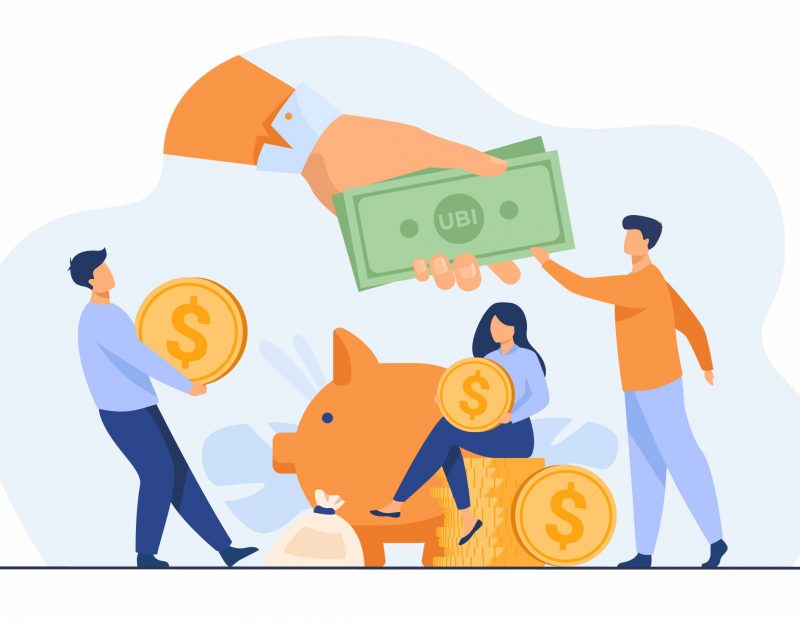Charita Bemis
Keep in mind that if you create and launch an Internet project from scratch, you can make many mistakes that further prevent the project from developing.
For example, at launch, we did not remove unnecessary h3-h6 SEO headers from the side column and footer. As a result, an article about Instagram could be shown on requests related to VKontakte. There were also mistakes when a picture from it was indexed instead of an article. Perhaps you can write separate material about it. Believe me, and you can accumulate errors for such an article, but it is better not to. Because it will cost you money, time, and possibly the entire project.
Therefore, today we will talk about how to properly launch your project on the Internet and how to avoid the most common mistakes at the start. We will use search engine services and Serpstat as a toolkit.
The main stages of launching a project on the Internet
Let’s list the main steps involved in launching an online project.
-
Choosing the topic of the project. When choosing a topic, it is important to assess the relevance of the topic and see how competitive it is.
-
We determine the goal of the project and the payback. What task should the project solve in a global sense and how can we make money on it.
-
Launch platform. How the project will be implemented technically: self-written engine, CMS or blogging platform.
-
The semantic core of the site. We select requests for which we need to move forward, and we select those with which it is worth starting first. In the end, we should have, at best, a content plan and a publication calendar, at worst – a list of topics on which we will write articles.
-
Launch of the project. We publish the first articles, we begin to fill the site. We build work, assemble a team.
Let’s consider each stage in more detail.
Step 1. Subject and competition.
When choosing a topic for an Internet project, preference should be given to those in which you are well versed. It is not necessary to be a recognized expert or guru, a basis, supported by experience, is enough. For example, it will be easier for you to manage a project dedicated to medicine and to make it high-quality in terms of content, if you have a medical education.
Also, as an alternative, you can consider a trending topic. For example, a year ago, bitcoins and cryptocurrencies were trending.
Step 2. Goals and payback.
The goal of an internet project can be:
-
Information support of the product: how to use it, updates. The main goal is to talk about the product and its use.
-
Corporate blog linked to the main product (TJ, SocialKit). The goal is to drive additional traffic from search and other channels, and sell the main product.
-
Standalone project – attract the audience and sell ads on the site. The goal is to maximize free traffic.
Depending on the chosen course, we consider the payback of the project. How much we earn minus how much it will take to spend on creation and content. The figures will be hypothetical at first, but then they will begin to take on real shape.




